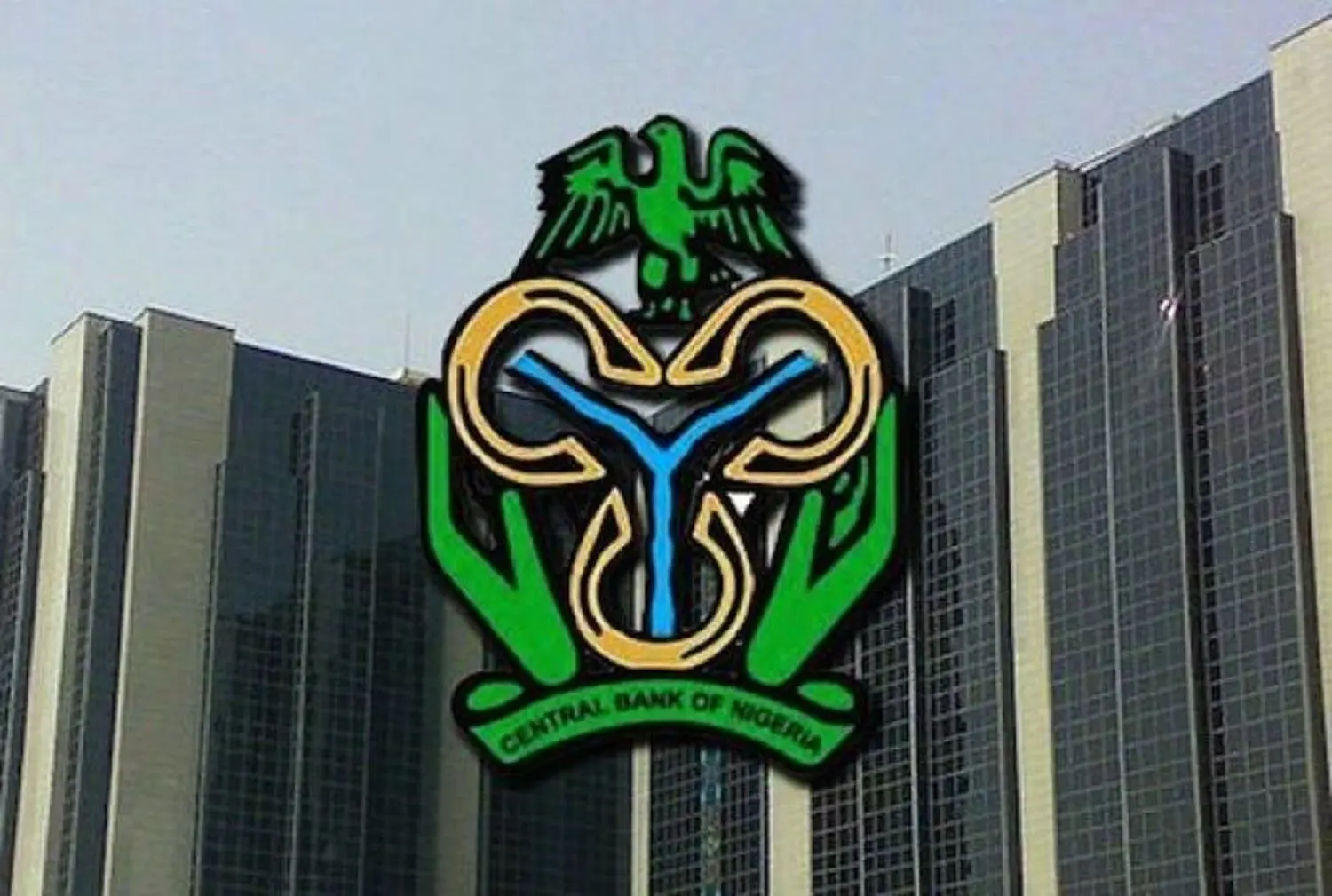As part of its ongoing efforts to strengthen the banking system, the Central Bank of
Nigeria (CBN) has introduced time-bound measures for a small number of banks still
completing their transition from the temporary regulatory support provided, mostly in response to the economic impact of the COVID-19 pandemic.
According to a statement that was issued by the Central Bank on Tuesday night, the step was part of the CBN’s broader, sequenced strategy to implement the recapitalisation programme announced in 2023. The programme, designed to align with Nigeria’s long-term growth ambitions, has already led to significant capital inflows and balance sheet strengthening across the sector.
Most banks have either completed or were on track to meet the new capital requirements well before the final implementation deadline of March 31, 2026.
The measures announced apply only to a limited number of banks. These include
temporary restrictions on capital distributions, such as dividends and bonuses, to support retention of internally generated funds and bolster capital adequacy. “All affected banks have been formally notified and remain under close supervisory engagement,” the statement signed by CBN spokesperson, Sidi Hakama Ali, stated.
To support a smooth transition, the CBN said it has allowed limited, time-bound flexibility within the capital framework, consistent with international regulatory norms. Nigeria generally maintains Risk-Based Capital requirements that are significantly more stringent than the global Basel III minimums.
These adjustments reflect a well established supervisory process consistent with global norms. Regulators in the US, Europe, and other major markets have implemented similar transitional measures as part of post-crisis reform efforts.
The CBN said it remains fully committed to continuous engagement with stakeholders
throughout this period via the Bankers’ Committee, the Body of Bank CEOs, and other industry forums. The goal is to ensure a transparent, predictable, and collaborative regulatory environment.
Mrs Ali said Nigeria’s banking sector remains fundamentally strong. These measures are neither unusual nor cause for concern; they are a continuation of the orderly and deliberate implementation of reforms already underway.
She added that the CBN will continue to take all necessary actions to safeguard the sector’s stability and ensure a robust, resilient financial ecosystem that supports sustainable economic growth.











